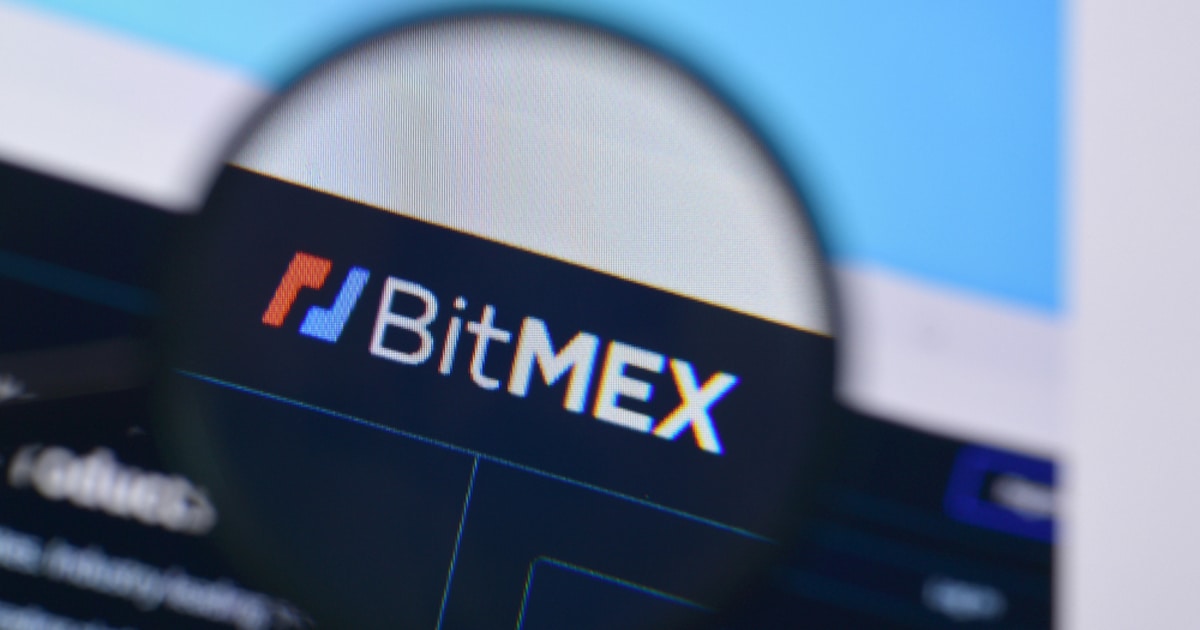The U.S. Department of State’s Rewards for Justice program is offering a reward of up to $10 million “for information on foreign malicious cyber activity against U.S. critical infrastructure.” The department further said that “Reward payments may include payments in cryptocurrency.”
- The U.S. Department of State announced Thursday that its Rewards for Justice (RFJ) program is offering a reward of up to $10 million “for information leading to the identification or location of any person who, while acting at the direction or under the control of a foreign government, participates in malicious cyber activities against U.S. critical infrastructure in violation of the Computer Fraud and Abuse Act (CFAA).”
- Rewards for Justice is the State Department’s counterterrorism rewards program established by the 1984 Act to Combat International Terrorism. The bureau is administered by the Diplomatic Security Service. “RFJ’s goal is to bring international terrorists to justice and prevent acts of international terrorism against U.S. persons or property,” its website describes.
- The announcement further reveals that the Rewards for Justice program has paid more than $200 million to more than 100 people across the globe since its inception.
- The program “has set up a Dark Web (Tor-based) tips-reporting channel to protect the safety and security of potential sources,” the Department of State noted.
- The announcement adds that the Rewards for Justice is also “working with interagency partners to enable the rapid processing of information as well as the possible relocation of and payment of rewards to sources.” Moreover, the department stated:
Reward payments may include payments in cryptocurrency.
What do you think about the U.S. government offering to pay in cryptocurrency for information under the Rewards for Justice program? Let us know in the comments section below.
Image Credits: Shutterstock, Pixabay, Wiki Commons
Disclaimer: This article is for informational purposes only. It is not a direct offer or solicitation of an offer to buy or sell, or a recommendation or endorsement of any products, services, or companies. Bitcoin.com does not provide investment, tax, legal, or accounting advice. Neither the company nor the author is responsible, directly or indirectly, for any damage or loss caused or alleged to be caused by or in connection with the use of or reliance on any content, goods or services mentioned in this article.
Credit: Source link























